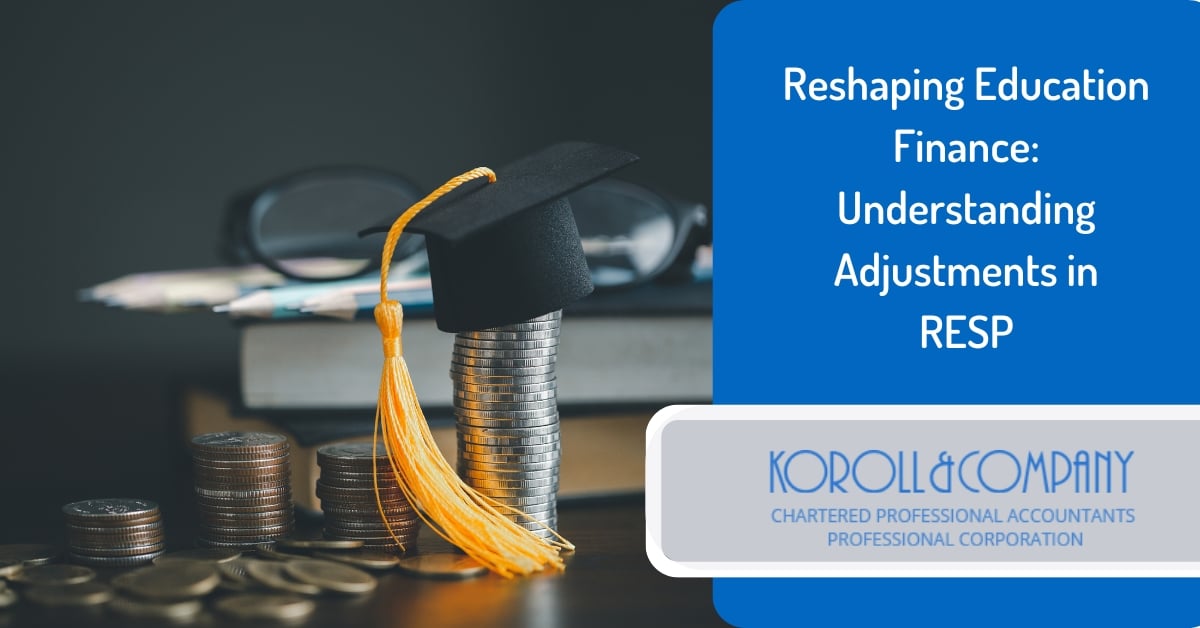 The cost of higher education has become a financial juggling act for many. You've got tuition, books, living expenses - the list goes on.
The cost of higher education has become a financial juggling act for many. You've got tuition, books, living expenses - the list goes on.
Government support for education through taxes has taken a nosedive lately with tax credits for things like tuition and textbooks have been axed. The good news is, recent changes to Registered Education Savings Plans (RESPs) offer some hope for students and their families.
RESP 101
The benefit of RESPs has always been their tax-friendly nature. You can't deduct what you put in like you would with an RRSP, money earned on investments is not taxed until it is withdrawn.
When the student-turned-beneficiary finally needs that money for their education, they're the ones taxed on it. That means that investment income is taxed in the hands of the student. More often than not, students have very little income, which means they pay little to no tax on what they withdraw.
One major pitfall of RESPs is that withdrawals are subject to limits, which have not changed in 25 years. The good news is, a change was announced in the 2023-24 federal budget that will further enhance tax savings.
Changes To RESP Limits
In the budget, the government upped the withdrawal limits for full-time and part-time students.
A full-time student can now pull out $8,000 in 13 weeks (used to be $5,000) and a part-timer can withdraw $4,000 (used to be $2,500). While it won’t cover all expenses, it will help with a big chunk of the upcoming school year's costs without you or your child dipping into alternative savings.
If a student stays home during summer and works for $15 an hour for 35 hours a week, they will bring in approximately $8,400 in income. Combine that with the $8,000 RESP withdrawal and they’ll make a total of $16,400. The basic personal amount combined with the tax credit for tuition paid and the student will not be taxed on any of their income, which means that the full $16,400 can go to covering schooling expenses.
Changes To Borrowing
For student’s that still need to borrow funds, the government has made changes to student loan programs. As of August 1, 2023, the weekly borrowing limit has increased from $210 to $300. In addition, as of April 1, 2023, all loans received through the Canada Student Loan program are interest-free.
Despite the struggle to save and work part-time gigs, many students still end up borrowing. With these recent changes, the load feels a tad lighter.
For more information on these changes and planning for your children’s education, please contact us today.






